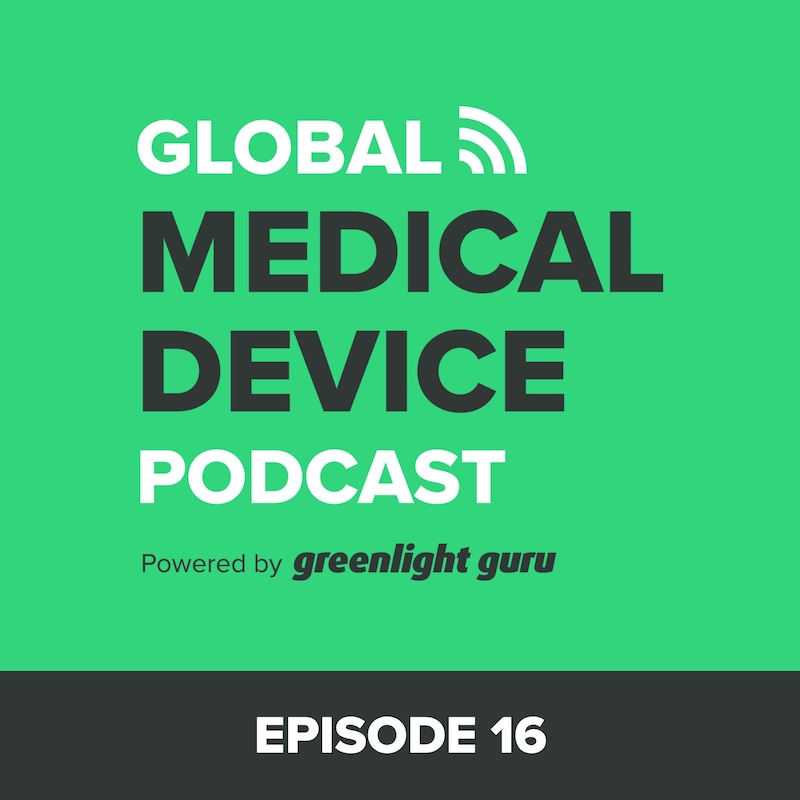Shownotes
It’s time to break down the how and why of intended use and indications of use statements for your new medical device.
On this episode of the Global Medical Device podcast we’ll explain the differences between these two statements and how you can design your labels around them.
Mike Drues, Ph.D. is our guest today giving some great examples of these use statements and successful label designs. He’s the President of Vascular Science, consulting for medical devices and regulatory bodies like FDA, and he travels the globe to set everyone straight on medical device regulations.
Your intended use and indications of use statements are integral to getting your medical device to market.
These statements help insure your device meets regulation when used properly.
If you want to bypass any hiccups in your marketing plan, you need to understand the key differences between these two statements:
First, intended use is EXACTLY what your product is used for. Don’t focus on what it COULD be used for. Rather, define exactly what it is in as few words as possible.
Second, your indication of use statement are the precise situations and reasons where and why you would use this device. Again, being very clear and definitive here is extremely important.
“They think they understand what intended use means, but they really don’t…Intended use is all about what we say this device is to be used for, and indications for use is under what circumstances or under what conditions you would use that particular product.” – Mike Drues
Mike Drues goes into what he calls “high level labeling” with tips on how to get your label to market with as few words as possible.
Little words do matter, and sometimes it may take you 6 different use statements before you find the right ones that work for your device.
Breaking down examples, using clear-cut definitions, and using a trick Mike calls “label expansion” are all ways you can use your intended use and indication of use statements to your advantage.
“The single most important thing that people should remember is to apply the same concepts and philosophies that we learned as engineers to product design [and] apply that same kind of thinking to label design…and indication of use statements.” – Mike Drues
Mike also discusses the reimbursement pathway and how it is often overlooked in the beginning of our development processes.
Changing up when you approach regulation can really make it easier to design and write the right kinds of use statements, and focusing on regulation this early on will often make it easier for marketing further down the road.
Tune in now to hear how these tips can be applied to you, your team, and your medical device.
To get in touch with Mike Drues, find him on LinkedIn.




